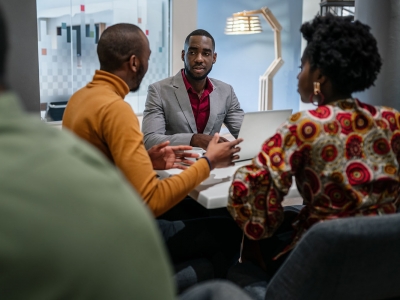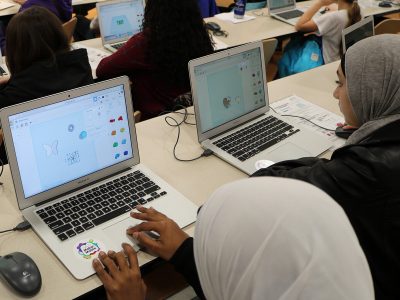By Dan Rubinstein
Photos by Chris Roussakis
The federal government has a responsibility to ensure that all Canadians have an opportunity to contribute to society and achieve their full potential, Prime Minister Justin Trudeau said at Carleton University on Tuesday, Nov. 1, where he addressed and took questions from delegates at a national youth consultation that will inform the development of the country’s new accessibility legislation.
“All too often there are real barriers,” said Trudeau. “These barriers need to be seen, understood, addressed and reduced.
“We need people to dream about a better world. How this government responds to your views about what’s important — not just over the next couple years, or the next election cycle, but for the next decade and generation — will help us remain focused on what really matters.”
The day-long National Youth Forum in the Residence Commons Building’s Fenn Lounge was hosted by the Honourable Carla Qualtrough, Canada’s minister of Sport and Persons with Disabilities. It’s part of a series of consultations the government is holding between July 2016 and February 2017 with youth with disabilities and youth who have life experience, work experience or academic experience related to disability.
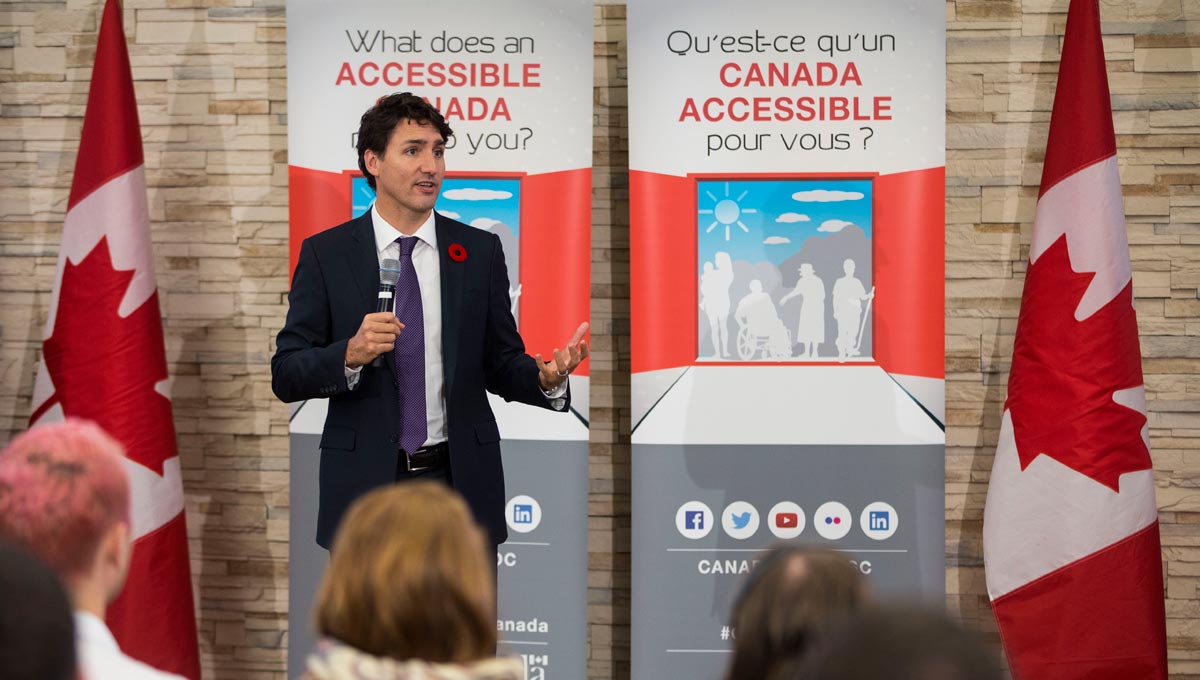
Justin Trudeau: New accessibility legislation to promote equality of opportunity
The government is “committed to developing new planned accessibility legislation to promote equality of opportunity and increase the inclusion and participation of Canadians who have disabilities or functional limitations.” The legislation could address issues such as the built environment, program and service delivery, employment and transportation.
Approximately 120 delegates and 60 or so support workers travelled from across the country to attend the forum, which was a natural fit for Carleton, long considered to be the most accessible university in the country, and possibly the world, for students with physical and mental disabilities.
“It’s not here by chance — it’s here because Carleton is a leader in accessibility,” said Dean Mellway, acting director of Carleton’s READ (Research, Education, Accessibility and Design) Initiative which fosters disability research and brings together faculty and staff from all disciplines to work collaboratively on solutions to accessibility issues.
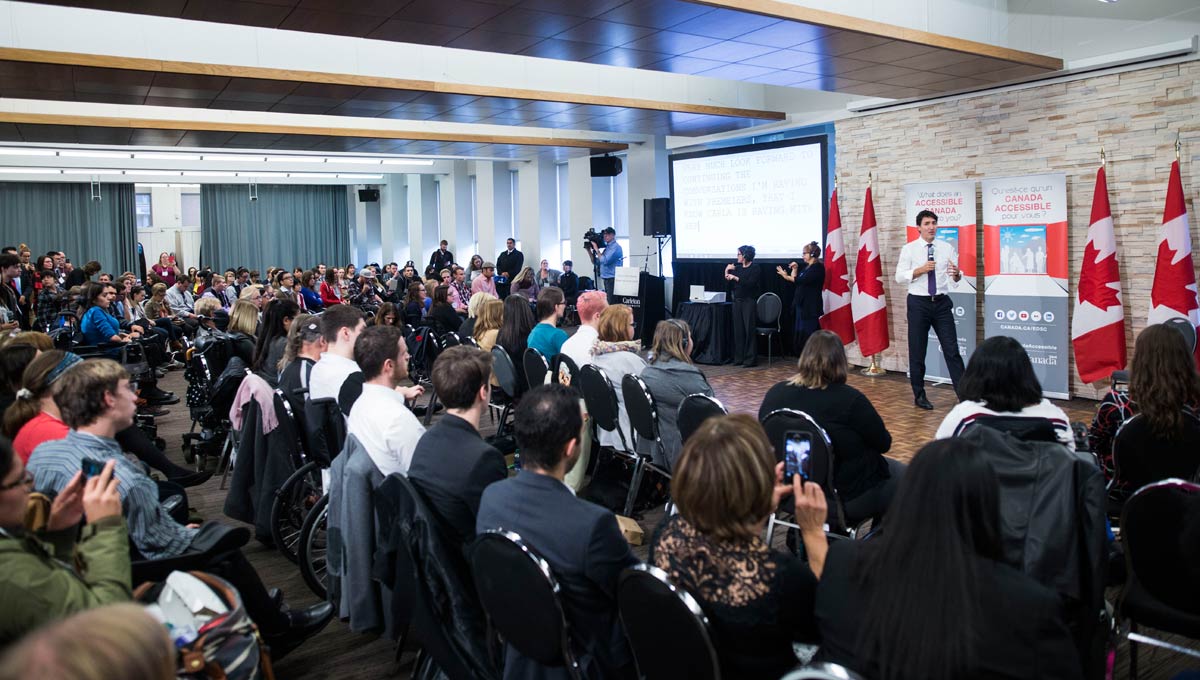
Carleton leads in accessibility
READ is administered by Carleton’s Paul Menton Centre (PMC) for Students with Disabilities, which has been co-ordinating disability services at the university since the centre opened in 1990. PMC provides services to students with learning disabilities, mental health disabilities, mobility impairments, vision and hearing impairments, and other conditions.
“It’s exciting that the government has chosen to consult with citizens rather than just work on the new legislation,” said Mellway. “It’s especially exciting that they’re inviting young people to contribute. We know from our experience working with students that they have so much talent and so many ideas.”
Nathan Bragg, a fifth-year Journalism and Communication student at Carleton, attended the forum as a delegate.
“As a young Canadian with a disability, I am very interested is what the new legislation can do to improve accessibility,” he said. “Young people need to be involved in this conversation, because many of us are just about to enter the workforce. Access to employment, education and training is very important to us.”
Bragg, who has had cerebral palsy since birth and is in a wheelchair, said that based on his experience, the Carleton campus is indeed very accessible. “But just because it’s the best,” he said, “it doesn’t mean it can’t be better. No facility is going to be perfect, so the services and resources that are available are also important.”
Trudeau was greeted at the entrance to the Residence Commons Building by Carleton President Roseann O’Reilly Runte, Vice-President (Students and Enrolment) Suzanne Blanchard and other university officials.
After walking through a throng of cheering students snapping photos, he sat in a front row in Fenn Lounge and watched a breakdancing performance by Luca “Lazylegz” Patuelli, whose unique style incorporates both the use of crutches and extreme upper body strength.
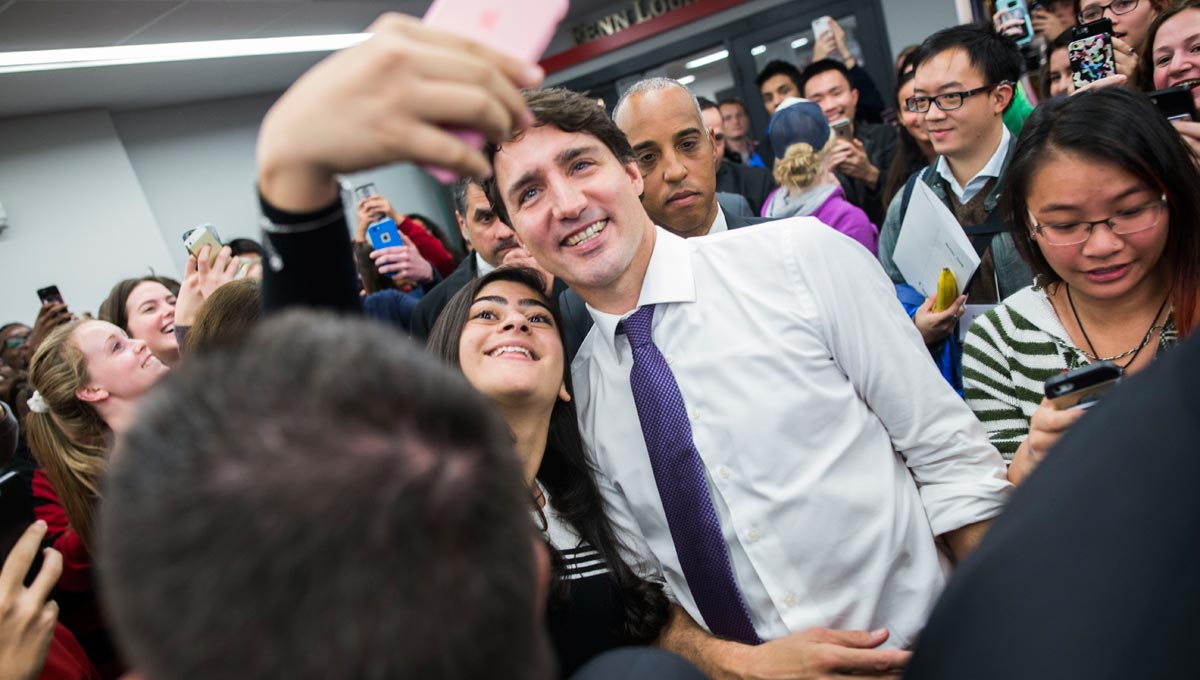
Turning ideas into action
After Trudeau’s speech, he took a dozen or so questions from the floor, addressing topics ranging from the need for the federal government to work with the provinces on accessibility issues to roles for people with disabilities in a more digital military and the importance of ensuring that the ideas raised at this forum will not be lost.
“This consultation is about very concretely leading to an important piece of action,” said Trudeau. “A government does well when it pays attention to the people it serves.”
“You will not get a more creative, innovative group than people with disabilities,” said Qualtrough, who has been visually impaired since birth. “We’ve had to innovate all our lives.”
Quayce Thomas — a Carleton Architecture student who won the top prize at the Council of Ontario Universities’ annual Innovative Designs for Accessibility (IDeA) competition for his “accountability network” software program for people with mental illness — said the prime minister’s presence at the event will amplify the awareness it raises.
Over his six years at the university, Thomas has seen the conversation about accessibility evolve from “Carleton has some good programs and services” to “Carleton is a leader” and now “Carleton students are becoming leaders.”
“This is a place where if you want to work hard and do something, you can,” said Thomas, who volunteered at the event. “The prime minister is a young leader, and he’s showing other young leaders how much is possible.”
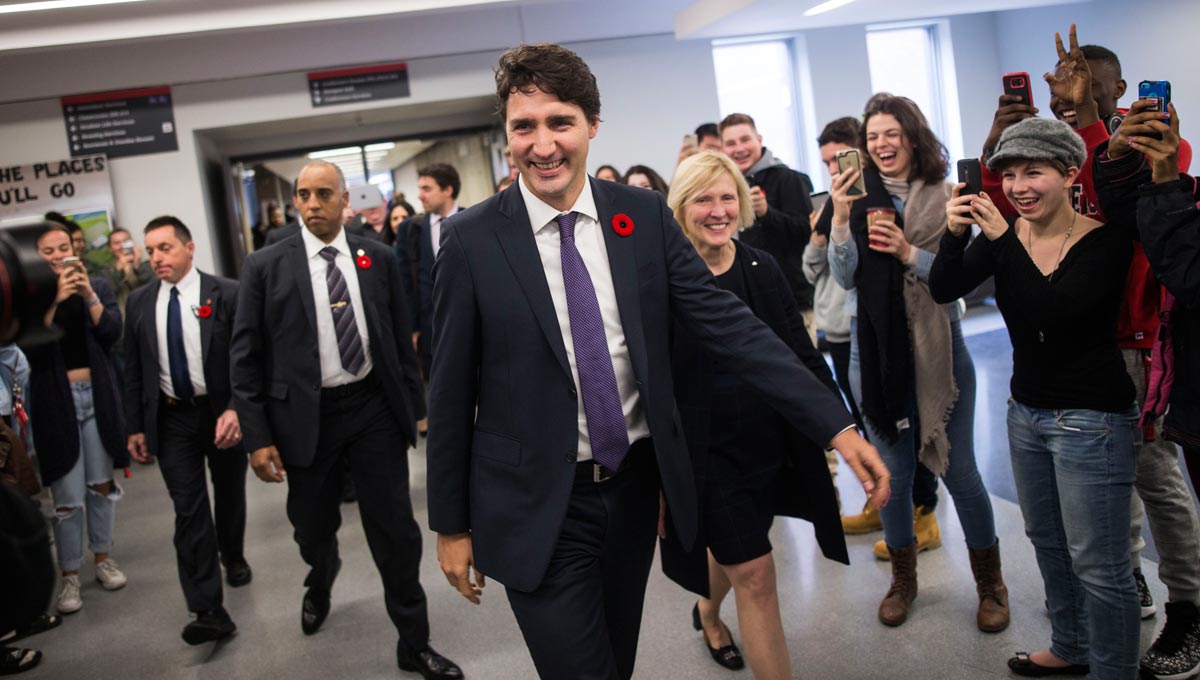
Wednesday, November 2, 2016 in Accessibility, Community, Innovation
Share: Twitter, Facebook
